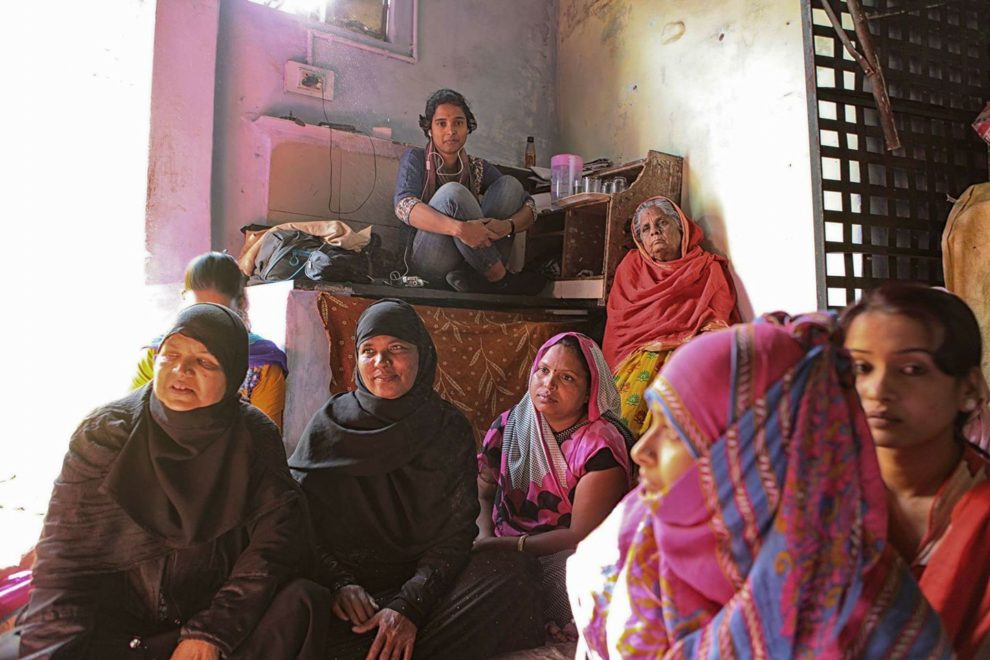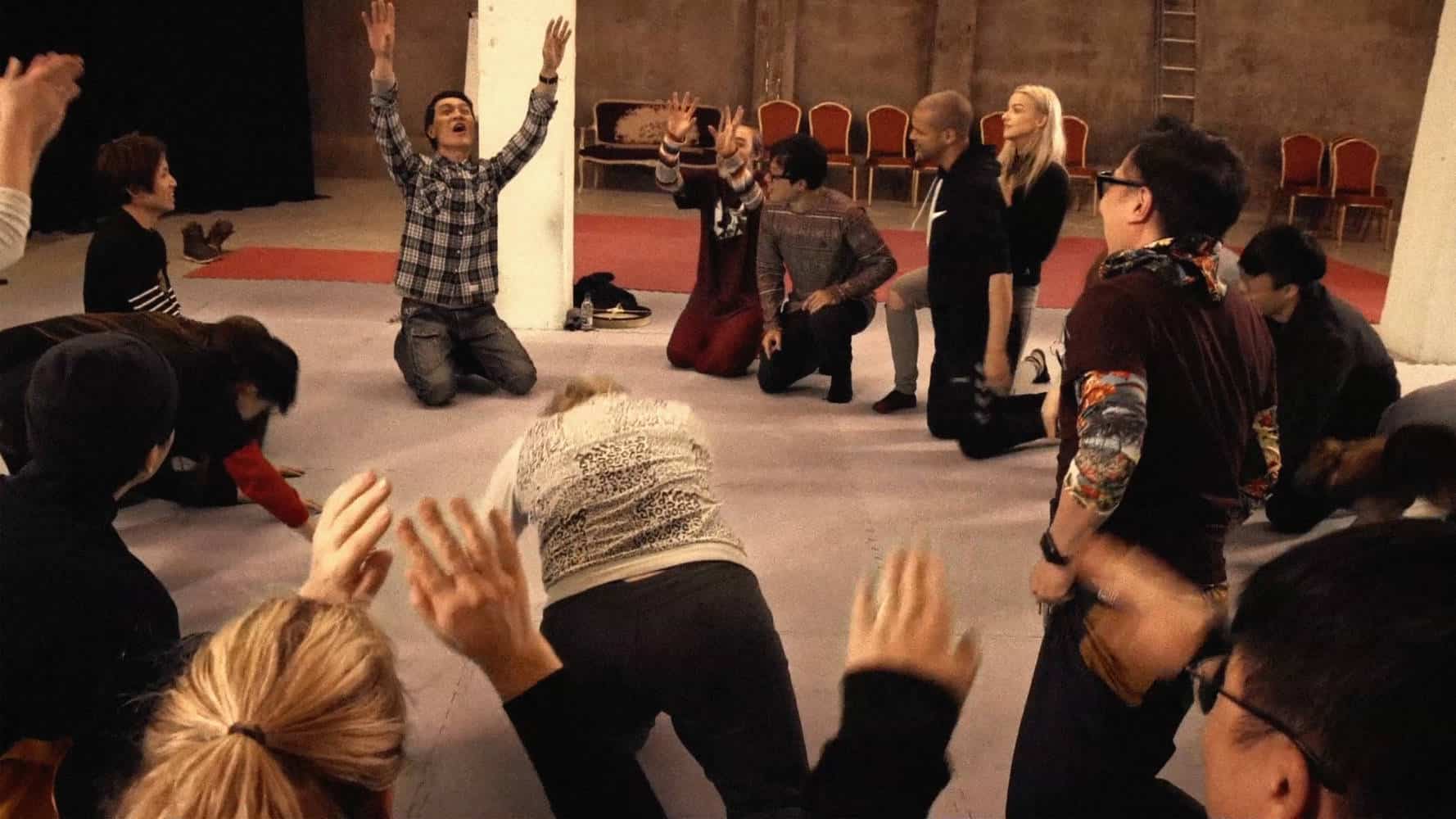Co-recipient of the 2021 Indian National Film Awards for Best Film on Social Issues, “Holy Rights” focuses on two problems tormenting Muslim women in India. The first one is Triple Talaq, a form of Islamic divorce which allowed any Muslim man to legally divorce his wife by uttering the word talaq (the Arabic word for “divorce”) three times consecutively in oral, written or, more recently, electronic form. The second is the issue with women becoming Qazis (Muslim clerices who interpret and administer personal law), a traditionally male preserve.
“Holy Rights” screened at South Asian Short Film Festival

Safia, a deeply religious but also rather driven Muslim woman from Bhopal, joins a program that trains women as Qazis, also in an effort to put an end to the Triple Talaq concept. Accompanied by a number of other women, whose stories regarding the concept and of domestic violence are occasionally chilling, she takes a journey that brings her against all the patriarchal interpretations of Sharia, in an effort to put an end to the inequality that has tormented Muslim women for ages.
Farha Khatun follows Safia from a rather close distance, highlighting her as both a woman and wife, with her husband narrating how their lives have changed recently, after his retirement and the new purpose she found in her life, and as a non-stop activist. The latter aspect makes rather evident how difficult change is in such an extremely patriarchal society, with the scene with the rather offensive journalist highlighting the fact in the most eloquent way, as much as Safia's informed opinion about the teachings of the Quran.
As the story unfolds, Safia also has to face various kinds of threats, including one for expulsion from Islam, all of which she treats with the same courage that seems to drive all the actions of her group. The last part of the film deals with the Supreme Court decision on the Triple Talaq, the contradictory articles in the newspaper that showcase the importance of the matter, and the heated discussions in the parliament following the decision. The scene with the phone call the women receive regarding the decision is one of the most memorable in the movie, with the agony truly soaring in the few minutes it lasts.
Lastly, the documentarian does not fail to include moments of happiness and laughter, as much as of singing, in a testament to how much these women enjoy what they are doing.
Debalina & Priyanka Biswas's cinematography captures all the significant points of their journey, through a rather close distance that also shows that Khatun has truly won the trust of her “protagonists”. Sankha's editing connects the various types of footage nicely, and in a rather fast pace that allows the story to unfold in ideal fashion.
“Holy Rights” is a very interesting, very well-shot documentary about a kind of effort that can truly bring change.
















